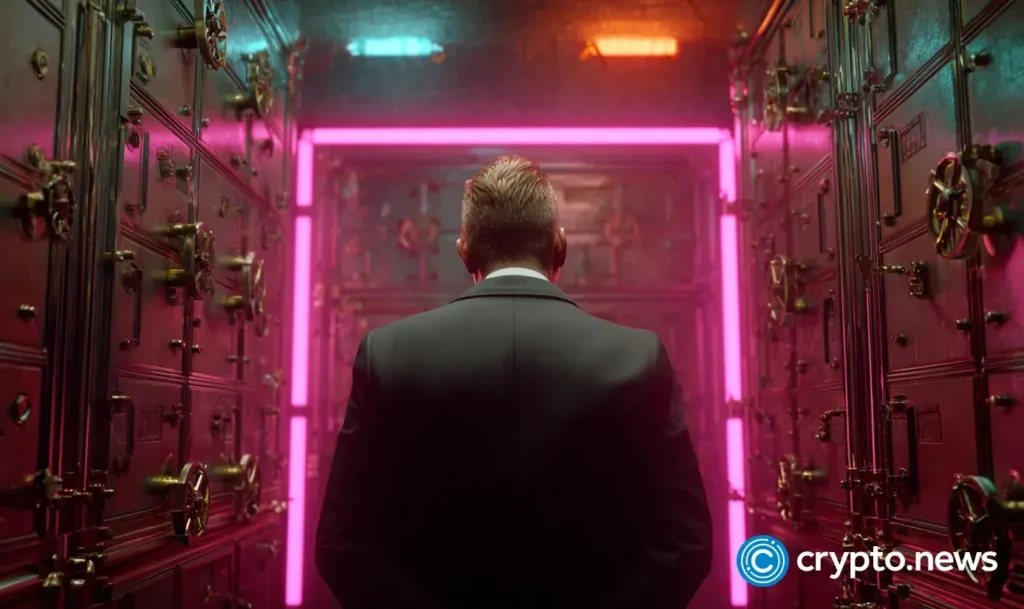Hinkal’s Invisible Wallet enables private transactions on decentralized apps, and is fully DeFi compatible.
- Hinkal has launched the Invisible Wallet, a privacy-focused wallet that hides on-chain transactions, enables private interactions on decentralized apps, and is fully compatible with DeFi.
- The wallet supports Ethereum, Arbitrum, Polygon, Base, and Optimism, with plans to expand to more networks, and can be accessed via a secure browser extension for private transactions.
- The launch comes as concerns over privacy grow in the crypto space, highlighted by over $2.17 billion stolen in the first half of 2025 due to exposed addresses.
In a press release shared with crypto.news, Hinkal, a blockchain privacy-focused company incubated at Stanford and Binance MVB, has unveiled the Invisible Wallet aimed at giving users complete privacy for digital transactions. The wallet conceals transaction histories and allows on-chain purchases without revealing financial activity. It achieves this through advanced privacy technologies, including zero-knowledge proofs, stealth addresses, and trusted execution environments.
“We believe that privacy is a fundamental right. Consumers wouldn’t share their bank statements with a stranger, and there’s absolutely no reason that digital transactions should be vulnerable to comparable scrutiny,” said Georgi Koreli, co-founder and CEO of Hinkal.
Compatible with Ethereum, Arbitrum, Polygon, Base, and Optimism, Hinkal’s Wallet plans to expand to more EVM-based networks. Users can access the crypto wallet via a secure browser extension, enabling private interactions across decentralized applications while maintaining full functionality.
The launch of Hinkal’s Invisible Wallet arrives amid rising concerns over privacy in the crypto space. Traditional crypto wallets publicly expose transaction histories, making users targets for theft. In the first half of this year alone, over $2.17 billion in crypto was stolen due to publicly visible addresses.
The demand for privacy is further highlighted by the rising popularity of projects like Zcash, which uses a cryptographic technique called zk‑SNARKs, allowing users to prove a transaction is valid without revealing the underlying data.



